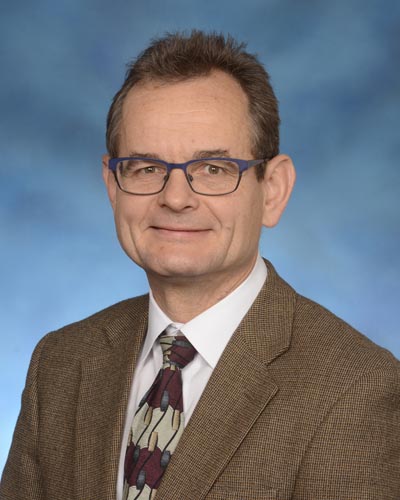
Konstantin G. Birukov, MD, PhD
Anesthesiology Endowed Professor of Entrepreneurial Research
Email: kbirukov@som.umaryland.edu
Overview
My laboratory is a part of the Lung Biology Program of which I am the director. This growing program currently includes collaborative studies between researchers from the Departments of Anesthesiology and Medicine but also develops programmatic links with Departments of Radiology/Oncology, Surgery and with the Center for Advanced Sensor Technology at UMBC.
The current incidence of acute respiratory distress syndrome (ARDS) in the US is over 130,000 cases per year. Despite the protective ventilation strategies which have decreased mortality by approximately 9%, a remaining 30-40% mortality rate continues to represent a serious threat. There remain few effective treatments towards this devastating illness. ARDS represents a spectrum of common syndromes in response to a variety of infectious and non-infectious insults.
My group works to better understand the pathologic mechanisms of development and resolution of vascular endothelial dysfunction and lung injury, the two key features of many life-threatening conditions including ARDS, shock/trauma, sepsis and others.
Topics of Focus
- New roles of oxidized phospholipids in modulation of septic inflammation, coagulopathy and traumatic injury and age-related exacerbation of lung injury
- Mechanochemical regulation of vascular permeability and inflammation; the role of pathologic mechanical stretch and substrate stiffness in endothelial pathobiology.
- Discovery of novel signaling pathways and compounds contributing to resolution and recovery of lung injury.
- Cell interactions in lung injury, sepsis, and trauma.
Meet the Team

Konstantin Birukov, MD, PhD
Principal Investigator/Professor
MD: Moscow State Medical School
PhD: Biochemistry, Biochemistry and Cell Biology, National Cardiology Research Center
Interests: acute lung injury, sepsis, secondary lung injury, lung microbiome, lung aging, endothelial permeability, inflammation, innate immunity, cell junctions, cytoskeleton, cell motility and mechanotransduction, cell-cell interactions, signal transduction, biosensors, lipid mediators, oxidized phospholipids, DAMPs, prostaglandins
Dr. Birukov's Lab | Dr. Birukov's Faculty Profile
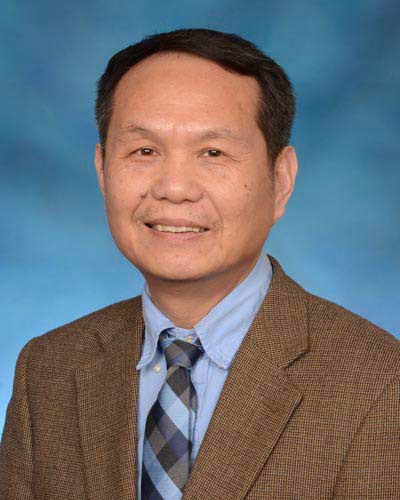
Yunbo Ke, PhD
Co-Investigator/Assistant Professor
PhD: Ohio State University, Columbus, USA
Interests: Signal transduction, endothelial barrier function and acute lung injury
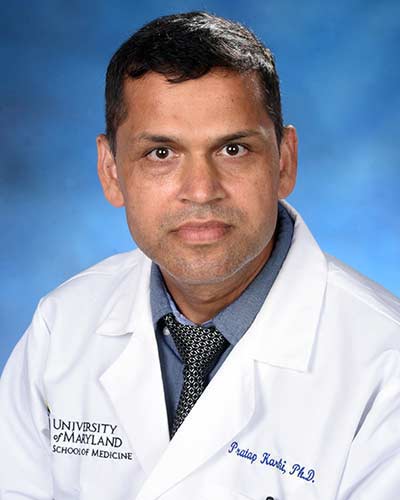
Pratap Karki, PhD
Research Associate/Assistant Professor
MSc: Trivuwan University, Kathmandu, Nepal
PhD: Chosun University, Gwangju, South Korea
Post Doctorate: University of Alberta, Edmonton, Canada
Post Doctorate: University of Iowa, Iowa City, USA
Instructor: Meharry Medical College, Nashville, USA
Interests: Acute lung injury, Lung inflammation, Endothelial cell biology
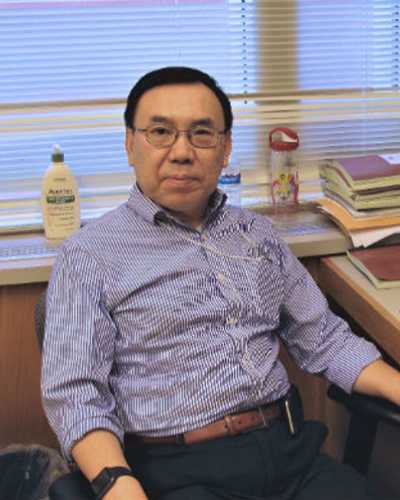
Chen-ou Zhang, MD
Research Associate
MD: China Medical University, Shenyang, China
Post Doctorate: Johns Hopkins University, School of Medicine, Baltimore, USA
Interests: Lung injury
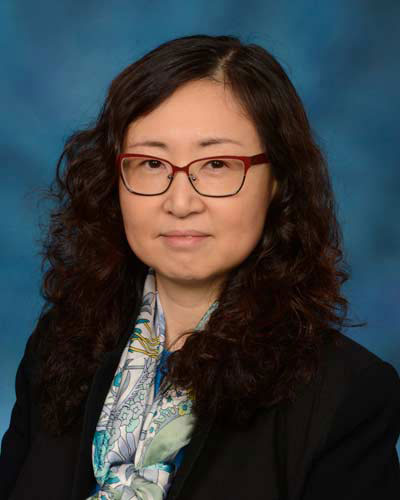
Yue Li, PhD
Research Associate
PhD: Saitama Medical University, Moroyama, Japan
Post Doctorate: National Institute of Aging, NIH, Bethesda, MD
Interests: Endothelial barrier regulation in acute lung injury and inflammation
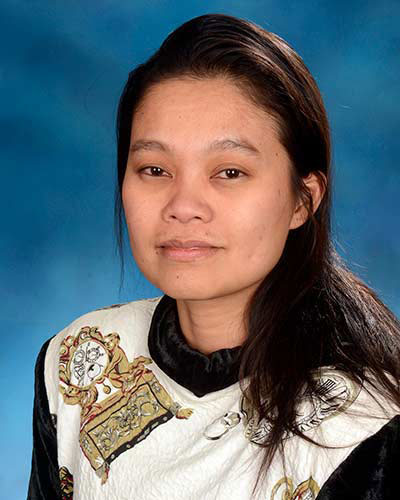
Kamoltip Promnares, PhD
Research Associate
PhD: University of South Bohemia
Projects
New roles of oxidized phospholipids in modulation of septic inflammation, coagulopathy, traumatic injury and aging-related exacerbation of lung injury
Pioneering studies by Birukov group revealed previously unrecognized barrier enhancing properties of certain products of cell membrane phospholipid oxidation and proposed their utilization in vivo as new strategies for treatment of acute lung injury, inflammation and associated increased vascular leak syndromes.
Current studies are focused on the development of a new group of synthetic cleavage-resistant phospholipid compounds as prototypes for future treatments of lung inflammation and barrier dysfunction. This project may uncover novel, previously unexpected mechanisms accelerating ALI recovery by oxidized phospholipids and may lead to the discovery of a new group of pharmacological molecules for the treatment of ALI, ARDS, and other diseases associated with increased vascular leakage and inflammation.
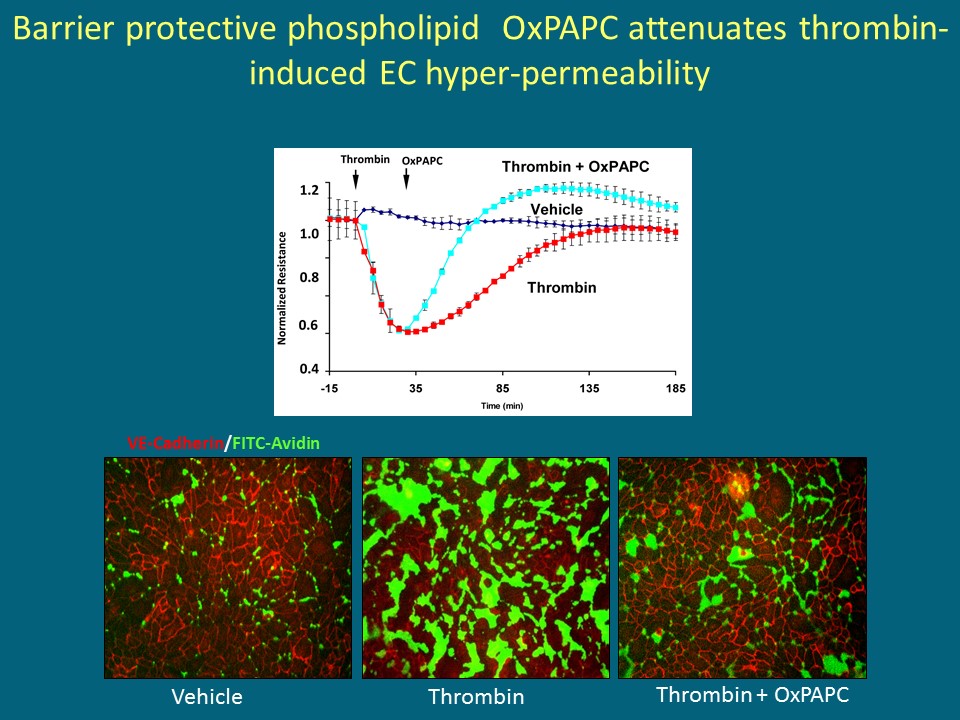 Fig 1: Barrier-protective oxidized phospholipids accelerate endothelial barrier recovery
Fig 1: Barrier-protective oxidized phospholipids accelerate endothelial barrier recovery
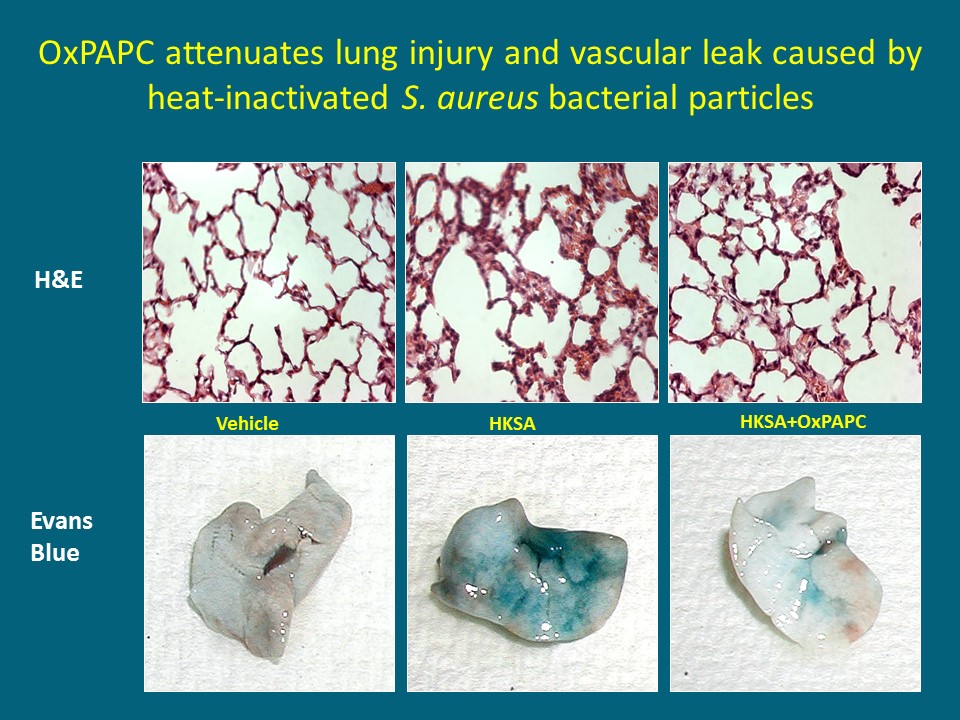 Fig. 2: Barrier-protective oxidized phospholipids attenuate septic lung inflammation and pulmonary edema
Fig. 2: Barrier-protective oxidized phospholipids attenuate septic lung inflammation and pulmonary edema
Mechanochemical regulation of vascular permeability and inflammation; role of pathologic mechanical stretch and substrate stiffness in endothelial pathobiology.
We continue characterization of endothelial mechanosensory complexes which mediate stretch magnitude-dependent barrier protective or barrier disruptive endothelial response. The proposed studies are aimed at understanding of the nature of magnitude-dependent regulation of Rac, Rap and Rho small GTPase signaling and delineation of key mechanosensitive regulatory proteins at focal adhesions, adherens junctions or Rho/Rac-specific guanine nucleotide exchange factors involved in magnitude dependent cell responses.
These studies utilize state-of-the-art approaches such as cell cultures on elastic substrates of defined stiffness; a novel assay (XPerT) for the imaging of local permeability in CS-stimulated EC monolayers at 0.1-1 micron-range resolution recently developed by our group and analysis of cellular force distribution by traction force microscopy (TFM) and local changes in cellular signaling using FRET biosensors.
These breakthrough technological developments will advance our understanding of the role of mechanical forces in endothelial biology and will enable a novel approach to high throughput screening of barrier protective compounds based on their effects on cell contractility in the physiologically relevant mechanical microenvironment.
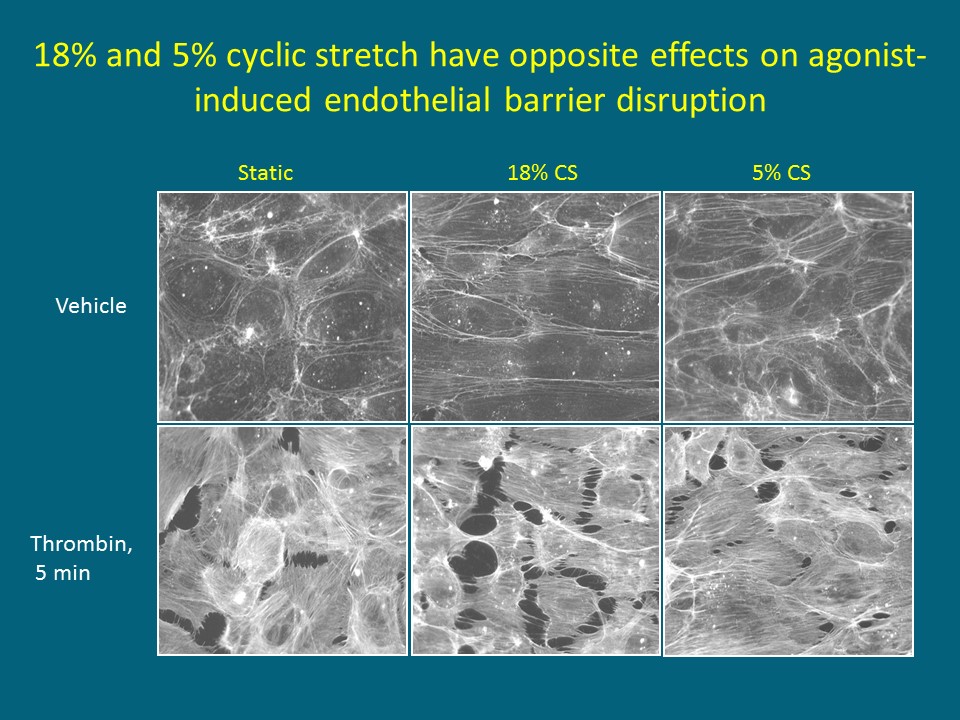 Fig. 3: Differential effects of physiologic and pathologic cyclic stretch on agonist-induced endothelial permeability
Fig. 3: Differential effects of physiologic and pathologic cyclic stretch on agonist-induced endothelial permeability
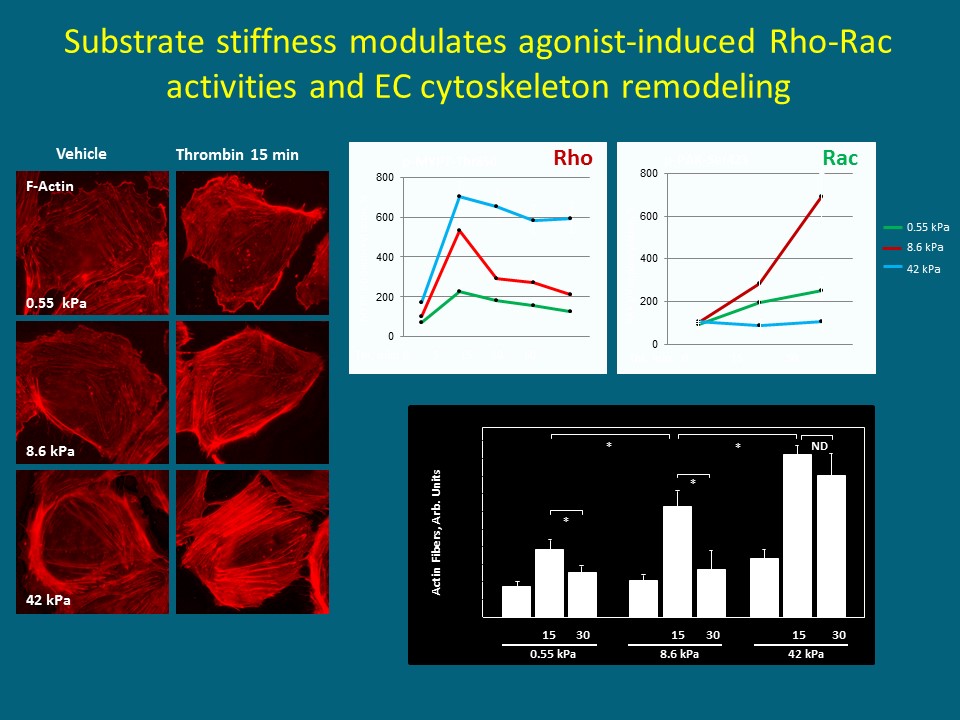
Fig. 4: Substrate stiffness is a major factor modulating endothelial responses to vasoactive and inflammatory molecules
Publications
Please see Dr. Birukov's faculty profile for a complete list of his publications.
You can also see his publications on PubMed.
Contact
Office: 410-706-2578
Email: kbirukov@som.umaryland.edu
